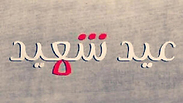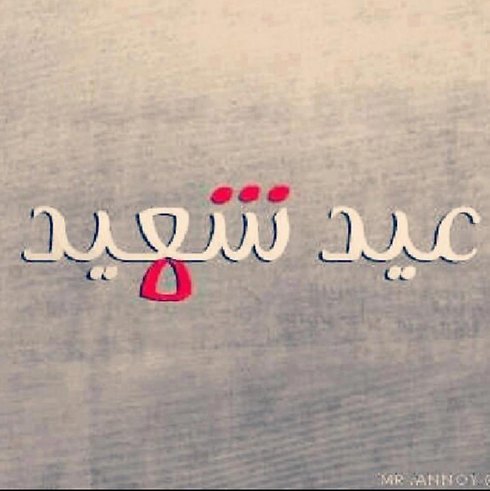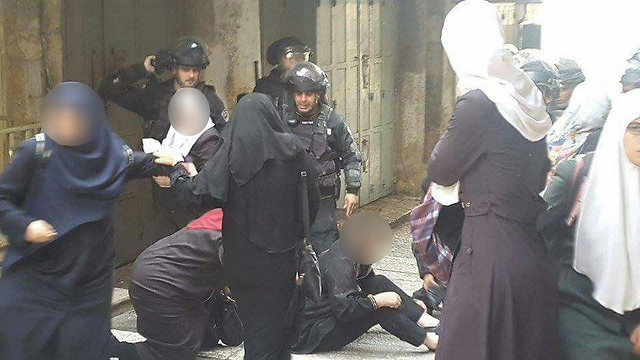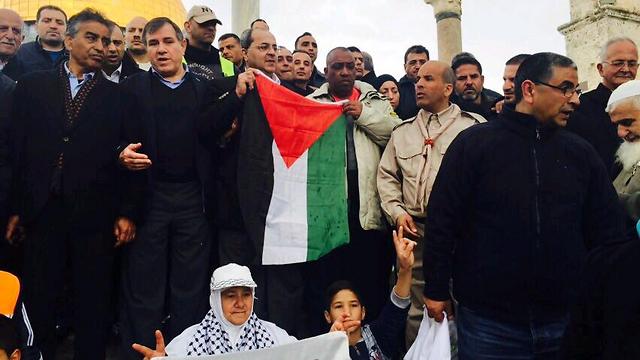
Learning Arabic: the key to coexistence
Consensus is growing in Israel on importance of teaching Arabic to children as of first grade. A few examples plucked from Arabic media illustrate how vital speaking Arabic is to get a better grasp of the current conflict; it will also engender honest dialogue and mutual respect.
There is greater consensus than ever in Israel on the absolute need for Jews to speak Arabic. A good example for that is the proposed bill approved by the Ministerial Committee for Legislation Affairs in October to have Arabic taught to all Jewish children as of the first grade. This time it was submitted by MK Oren Hazan (Likud), but for many years it was raised by MK Haneen Zoabi (Joint List), although unsuccessfully.
It is almost a platitude to state that the key to understanding a nation and its culture is speaking its language. The vocabulary used is loaded with nuances that are nearly impossible to translate or convey the true meaning of.
In my case, I was drawn to learning Arabic as for my father, whose family had made aliyah to Haifa from Morocco in 1840, it was his mother language.

My own experience has shown that speaking Arabic fluently is a double-edged sword. On the one hand, I discovered a rich language, wonderful poetry, was finally able to understand the words to the music I had already been listening to for years and I was able to make friends and interact with many Palestinians, creating the type of mutual understanding that those proposing the legislation on Arabic education hope to foster.
On the other hand, once I gained a good command of the language (of both literary Arabic and the Palestinian dialect), I was gradually exposed to the code words used by politicians and the general public. And this led to a shift in my perspective of the Israeli-Palestinian conflict.
Here are a few examples to illustrate my point. As we are in the midst of a wave of terror, I’ll start with the verb “ishtashada” - to become a shahid or martyr. This is the verb used by the Palestinian Authority’s official website Wafa, most Palestinian news channels and Al Jazeera Arabic, when someone commits a terrorist act and is killed in the process - whether the victim is a soldier, rabbi or child. This obviously glorifies the act, places it in a religious context and honors the terrorist and the terrorist’s family. This is not the verb used by international media networks such as BBC Arabic, Sky News Arabia and France 24 Arabic; they will phrase it as "an attack was committed."
Another word that has been in the news lately is “murabitun” (masculine) or “murabitat” (feminine). In September, Defense Minister Moshe Ya’alon banned the Murabitat Islamist activist groups, which gathered on the Temple Mount to disturb and intimidate Jewish visitors at the holy site on a daily basis. This noun is derived from another noun, “ribat,” which is a fortress on the frontier of the “dar al-Islam” (lands already conquered by Islam) from which jihad is fought again infidels.

Palestinian Authority President Mahmoud Abbas said in a speech he gave on October 17, 2014 (broadcast multiple times on the Palestinian news channel): "We must all be Murabitun for al-Aqsa," as well as saying that Jews must be prevented from defiling the site, thus calling on Palestinians to fulfill a religious duty to protect what they consider to be their holy site from impure infidels.
In a March 2015 interview with Sky News Arabia, MK Ahmad Tibi (Joint Arab List), used code words in Arabic to convey his message: he and his constituency are not Arab Israelis but rather Palestinians “min ad-dakhil,” from the inside (the Green Line), those that survived the “Nakba” (the catastrophe of 1948), who have shown “sumud” (steadfastness) in the face of the occupation. They are fighting from the inside, side by side with those fighting from the outside.

When asked whether the Palestinian dream of having their own country from the Jordan to the Mediterranean has been abandoned, he doesn’t say no, but rather says that “there is a difference between the ‘watan’ (homeland), and a ‘dawla’ (state). The Palestinian ‘watan’ can never disappear from a child’s imagination; the ‘dawla’ is a new concept; now there is talk of a two states, this is the intermediary historical solution which those under occupation refuse.”
The message here to Arabic speakers is clear: whatever state is eventually given to the Palestinians is just an intermediary step towards the ultimate goal of liberating the entire Palestinian homeland.
I was recently taken aback while listening to the Israel Broadcast Authority's Arabic channel. During a program discussing the most important events that occurred in 2015, Dr. Hana Sinyora, introduced as one of Jerusalem’s outstanding figures, a former journalist and researcher, stated that the most important event in the world was the Paris COP21 climate conference. Nonetheless, he insisted on pointing out that “for the Palestinians, the most important event was the ‘Habbah al-Sha’abiyah,’ (which literally means a popular outburst or uprising), what some people call the Third Intifada, because it revived the Palestinian issue, as in the last 10 years it had regressed, it was put on the shelf; the Arabic world was torn apart, we were hoping that the Americans would take an active role, we discovered that the American role was not positive.”
The radio host thought it wise to immediately segue into the American political scene of 2015, realizing the dangerous territory Dr. Sinyora was treading on. A well-known Palestinian intellectual is unafraid to express his support for a wave of terror attacks on Israeli radio! But it was in Arabic, to an Arabic audience, so unlikely that anyone would pay attention to it.
Lastly, while traveling with a friend on a bus to Haifa last month, two Arabs sitting next to us were chatting away. My friend turned to me and said: hey, are they talking about us? I informed him that the one with the beard was complaining that he forgot to take his laundry off the clothesline and was afraid he wouldn't have any clean underwear for work the next day. He has since started taking Arabic lessons realizing that it would go a long way to reducing paranoia and increasing longevity.
It is thus vital for all children in Israel to learn Arabic from an early age so that they will have the necessary tools to both communicate with the Arabs, in order to better appreciate their culture, history and religion, ensure that one is well-informed and cognizant of what is being said in the media and by politicians, as well as be able to have everyday conversations with our Arab neighbors.
Only when Arab Israelis and Palestinians know that every Israeli speaks Arabic fluently, will the mutual understanding and respect necessary to foster honest dialogue be possible. Only by speaking the same language can we one day finally hope to be on the same page.










